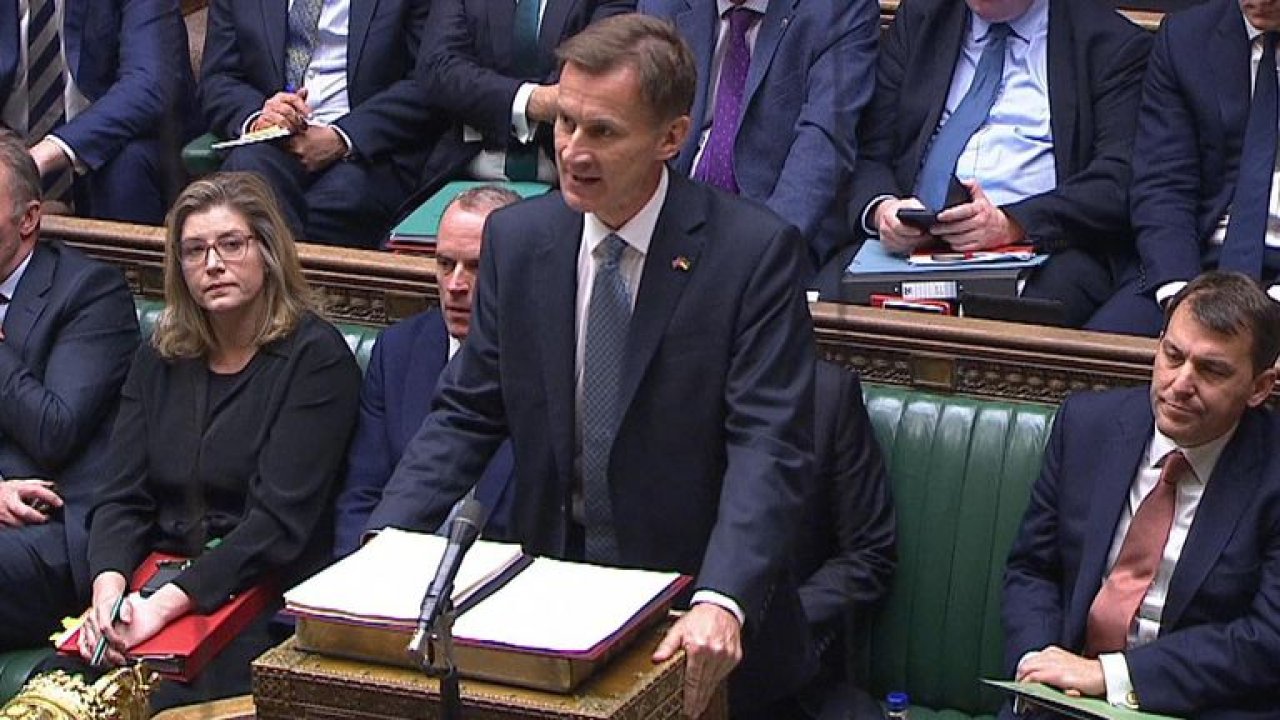Services tailored to you...
With over five decades’ experience serving a diverse range of clients in the South West, we possess an unbeatable depth of knowledge across a wide range of industry sectors.
Our specialist partners and teams can provide expert advice on everything from farming and agriculture, to military tax allowances. We’re here to help you make the most of your planning opportunities so that you can grow with confidence.
It was not very long ago (23rd September 2022, to be precise) that we were commenting on the biggest tax-cutting budget in half a century. How things change. The Conservative party has new leadership, we have a new Prime Minister and Chancellor, and today Jeremy Hunt presented his Autumn Statement to the House of Commons.
Many of the tax-cutting measures from the previous Chancellor, Kwasi Kwarteng, had already been reversed (to calm the financial markets) and the political groundwork had been laid for additional tax-raising measures.
George Osborne has been advising the treasury and it is easy to identify his political influence. Overall, the statement delivered a small fiscal stimulus over the forecasted period of recession and backloading the consolidation until after the next election. There was additional money for Education and Health spending was also protected.
The Chancellor vowed to protect the poorest with higher earners contributing more. State pensions and benefits were uprated in line with inflation as anticipated and the National Living Wage will rise in April to £10.42 for the over 23’s. Jeremy Hunt was keen to announce that he was not raising the headline rates of income or capital gains tax.
Notwithstanding, this was a tax-raising event.
Alongside windfall taxes on energy oil/gas firms and electricity generators, Fiscal drag (the effects of freezing allowances) is due to do much of the heavy lifting. There are also cuts to the annual exemption for capital gains tax and the dividend allowance. The cumulative effect over several years is substantial. It would also seem to signal additional work for HMRC with an additional 2.6 million people paying higher rate income tax by 2027/28 and more paying tax on capital gains and dividends – how many more will require tax returns?
Reducing the level at which additional rate income tax (45%) becomes payable to just over £125,000 will grab some headlines. An individual earning over £150,000 will pay an additional £1,250 of tax. As always, no attention is drawn to the impact of the abatement of the personal allowance between £100,000-£125,140 which gives rise to an effective 60% tax rate. The stealth tax remains preferred to simplifying the tax system.
It was announced that the economy was currently in recession and the Office for Budget Responsibility forecast living standards to fall by the largest amount since records began in 1956/57 with the last eight years of growth in living standards being wiped out by a 7% fall over the next two years.
A summary of the Autumn Statement 2022 announcements:
The stamp duty cuts announced in the mini-Budget will last until March 2025.
The state pension triple lock would remain in place and state pension payments will rise by 10.1% next April, based on September’s inflation figure. Pensions credit will also rise in line with inflation.
Average energy bills will be capped for 12 months at £3,000 from April (currently £2,500).
Those who heat their home with oil or LPG will receive help worth £200, up from £100.
The National Living Wage will rise to £10.42 an hour for over 23’s.
State benefits are to rise in line with inflation. The benefit cap will also rise in line with inflation.
There will be a £900 cost-of-living payment for those on means-tested benefits, while pensioner households will receive £300.
The Government will cap rent increases in the social rented sector at 7% next year.
The threshold for paying the 45p top rate of income tax will be lowered from £150,000 to £125,140.
The freeze on income tax and National Insurance thresholds – currently frozen until 2025/26 – has been extended by two years until April 2028.
The tax-free dividend allowance will be reduced to £1,000 in 2023/24 and then to £500 in 2024/25. The annual allowance for capital gains will be reduced in 2023/24 from £12,300 to £6,000 and again to £3,000 in 2024/25.
From 2025 electric cars will no longer be exempt from vehicle excise duty, although the tax rate will be lower than on other cars.
The benefit in kind rate for pure electric vehicles is currently fixed at 2% until April 2025. Mr Hunt announced increases of 1% a year for the subsequent three years (3% 2025/26, 4% 2026/27 and 5% in 2027/28).
The “nil-rate band” – the amount that can be passed on before IHT is due at a rate of 40% – has been frozen at £325,000 since 2009. The Prime Minister froze the IHT threshold until 2025/26 when he was chancellor and Mr Hunt has now extended the freeze for another two years, until April 2028.
Please get in touch with us if you want to discuss the impact of these announcements on you or your business.
